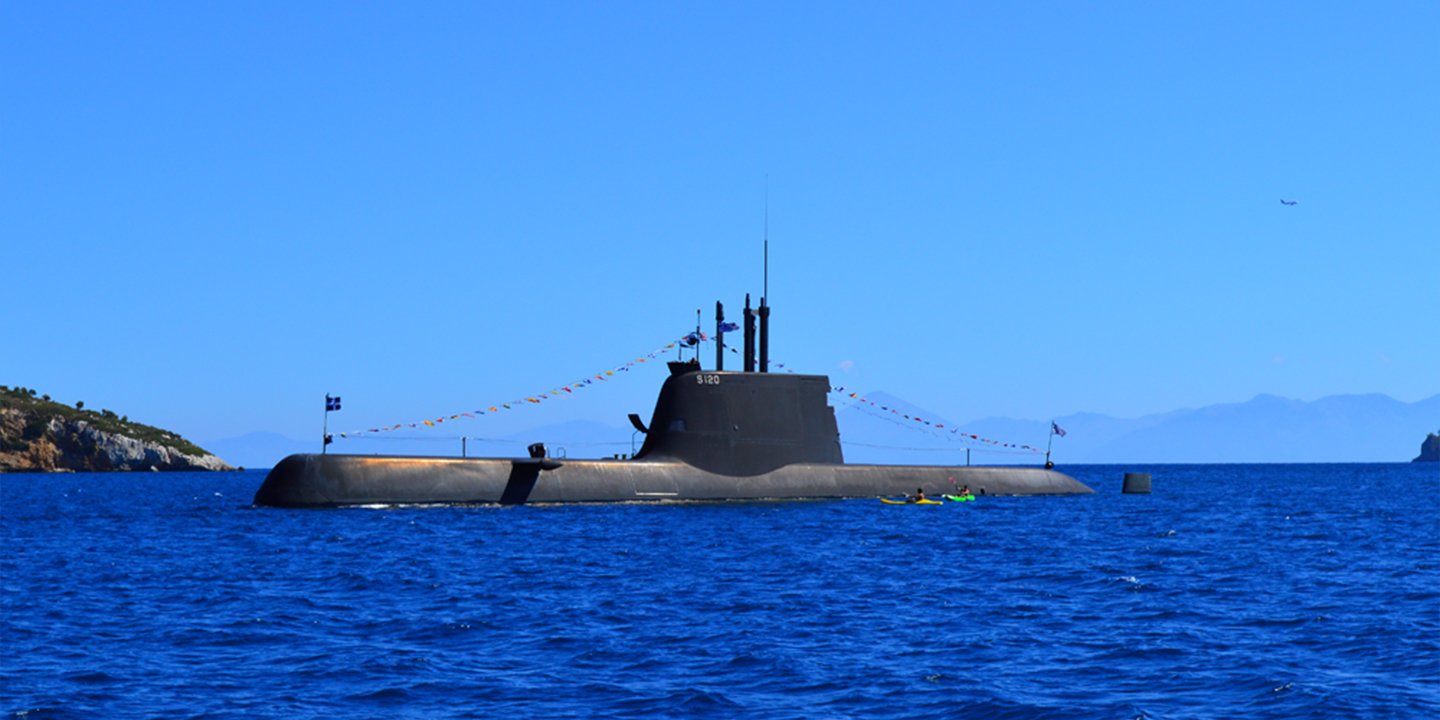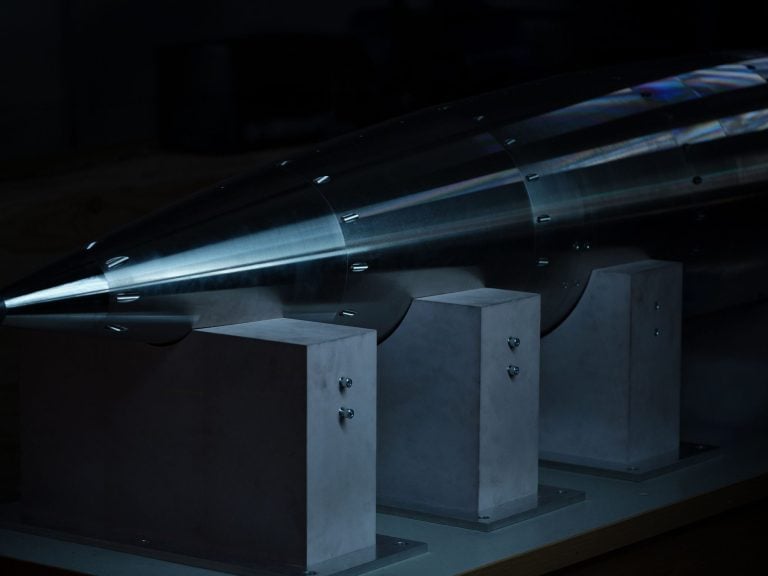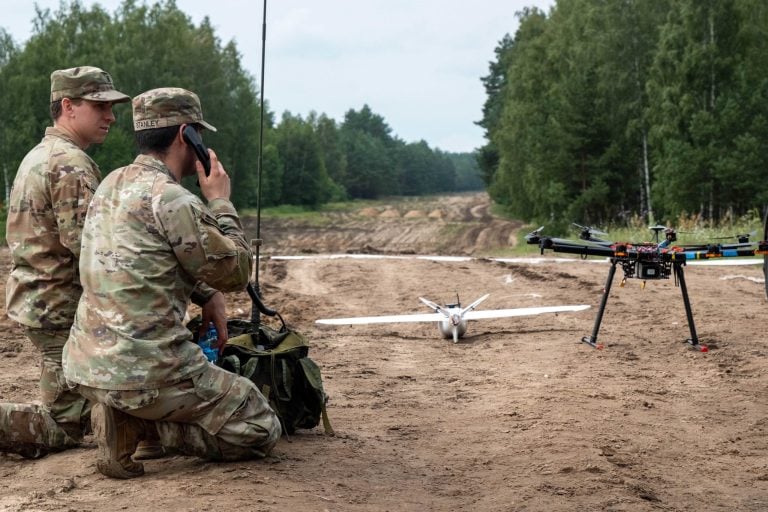South Korea has put forward three significant defense cooperation proposals to Greece, aiming to solidify its presence in the European Commission’s vast 800-billion-euro rearmament program. This initiative is part of a broader strategy to enhance military capabilities among EU member states amid heightened security concerns.
The proposals involve advanced collaborative endeavors in submarine construction, the development of cutting-edge manned-unmanned teaming systems, and the co-production of tactical vehicles. These offerings closely align with Greece’s own long-term defense modernization plans and were acknowledged by Greek officials, who noted the need for further discussions to explore potential agreements.
One of the key proposals focuses on submarine construction. South Korean shipbuilder Hanwha Ocean has expressed its intent to assist the Hellenic Navy in the development of new underwater vessels as well as the refurbishment of its Type 214 Papanikolis-class submarines. A significant aspect of this initiative is the stipulation that at least 25 percent of the work must be carried out by local defense industries within Greek shipyards. Hanwha has a proven history with Greece, having previously delivered three Type 214 submarines and currently developing the KSS-III (Dosan Ahn Changho class), designed to be equipped with ballistic missiles. Greek defense officials have shown strong interest in detailed co-production and modernization terms, indicating a commitment to enhancing their national capabilities through local shipbuilding.
The second proposal involves the establishment of Manned-Unmanned Teaming (MUM-T) systems by Korea Aerospace Industries. This cutting-edge technology aims to integrate autonomous combat drones with piloted fighter jets for coordinated missions, improving firepower and communication in contested airspace. The company is already implementing similar systems within the Republic of Korea Air Force’s KF-21 Boramae next-generation fighter jet program, which is slated for commissioning throughout the 2030s. Should this proposal be approved, Greece would engage in domestic production, marrying advanced technology with the operational needs of the Hellenic Air Force.
The final offer pertains to the production of new combat vehicles intended to replace the outdated platforms currently in use by the Hellenic Army. This partnership aims to modernize Greece’s ground mobility capabilities and, like the previous initiatives, emphasizes in-country manufacturing opportunities. Athens has indicated its interest in exploring this program, contingent upon future national budget allocations considering the evolving defense landscape.
These proposals come in the context of the European Commission’s multi-billion-dollar rearmament initiative, outlined by EU chief Ursula von der Leyen in March. The plan aims to adjust budgetary rules, provide EU-backed loans, and redirect existing resources to bolster military forces across the region. The program also seeks to lend support to the defense industry while hastening the acquisition of military equipment for Ukraine amid ongoing conflict with Russia, especially at a time when U.S. commitment to the situation appears to be wavering. The developments signify a strategic move towards enhancing European defense capabilities while exploring collaborative partnerships with nations like South Korea.







